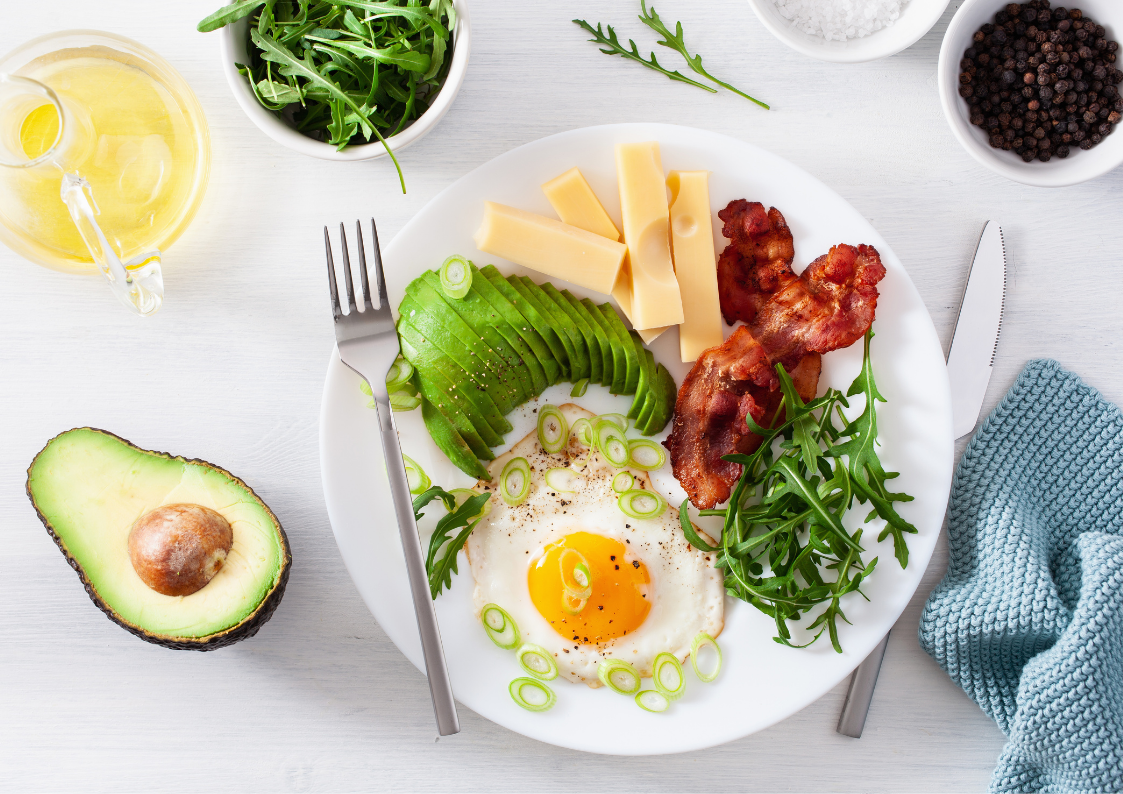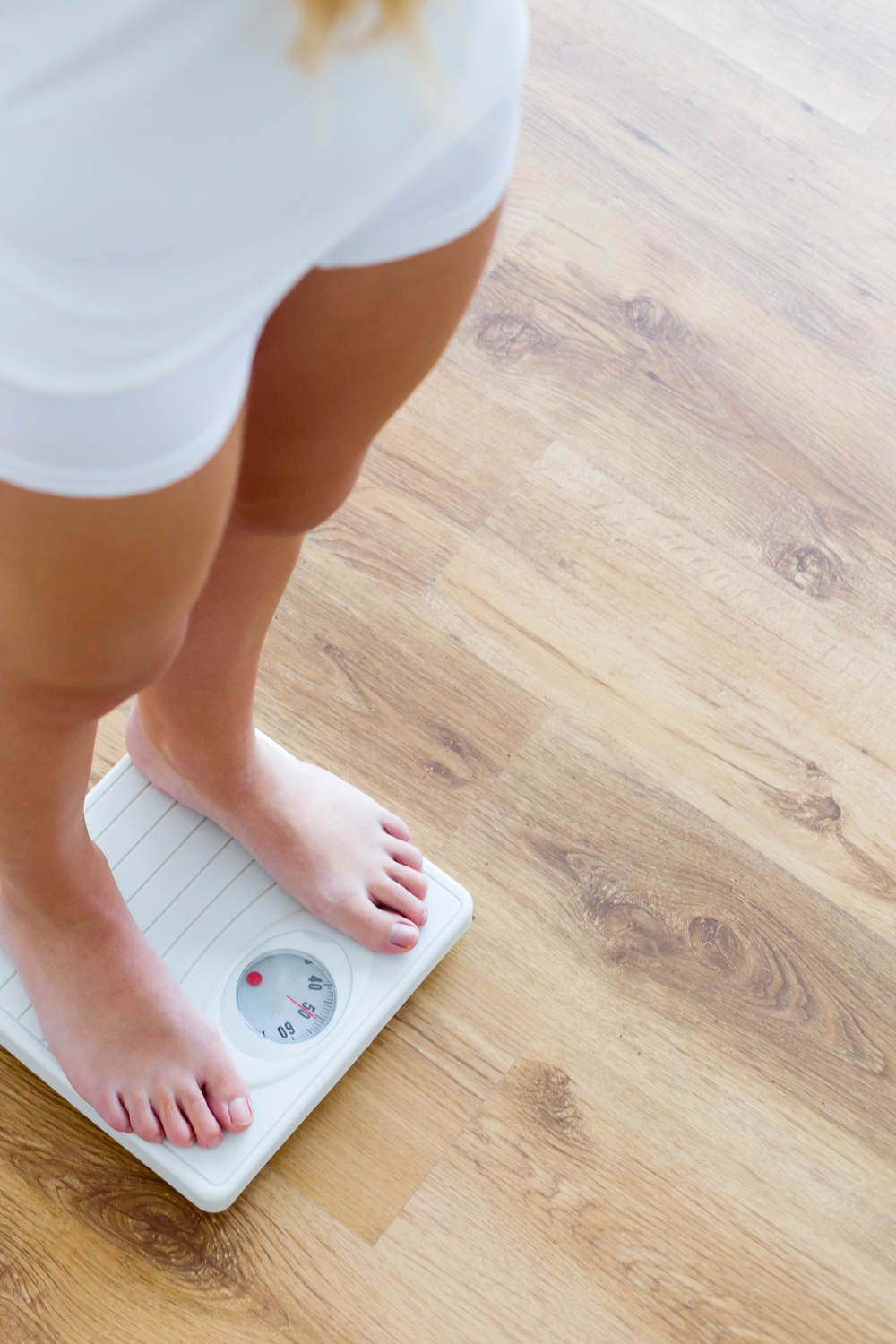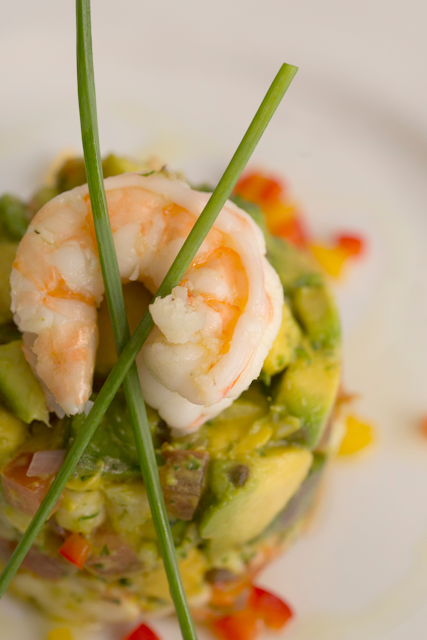
So what about diets that work? I’ve been going non-stop about them on my food blog for as long as I can remember, but like many others trying to lower the number on the scale a little, I learned that what we have called “diets” are short-lived. The term has become synonymous to losing weight when it really means “the sum of food consumed by a person or other organism.” When you say I’m on a diet – it somehow gives a connotation that one who is on a diet is just wanting to lose weight, when actually, it’s also because one wants to be healthy.
Back in the days, I was really active. Aside from the belly dancing classes I attend on Wednesday mornings, I did weight training on Mondays too. Then I do some walking, well not some, I would walk when bringing and picking the kids to and from school and when I buy groceries. I also walk when I get off the tram to reach home, there’s a bus that I can take for one stop to our place but I do the walk for the exercise, though this isn’t really enough to make me sweat.
Later on I also played volleyball regularly, and also had Zumba classes on Friday nights. Those days were fun, but the weight did come back at some point.

A Realization
It was when I read more about personal experiences of others who wanted to get healthy when I understand the relation of food and exercise with the body. When I treated food as fuel, not as a reward or comfort, it made a difference.
Realizing that food is health care, I changed the way I was eating. It’s not only about the food I take, but the hours involved in eating. I went on a low-carbohydrate diet, and heed the signals my body sends. I only eat when I’m hungry, not when I want to, not when it’s noon, not when it’s 8 in the morning.
I started in March of 2019 at 66 kilograms. I stopped much of the activities I was doing (no more zumba, no more weightlifting) and surprisingly, the weight just came off. The results proved to me what many said – that it’s like an 80% food and 20% exercise equation to keep the weight off, and eventually be on your way to health. By August I was at 56 kilograms – not bad in a span of 5 months.
Low Carbohydrate Way of Eating
Many are familiar about the Keto diet and think that it is the same with a Low-carb way of eating, however, a low-carbohydrate way of eating restricts carbs, such as grains, rice, and starchy vegetables, processed foods, and sugar to 50–150 grams a day, unlike on Keto which is restricted to 50 grams a day.
On Keto, “popular ketogenic resources suggest an average of 70-80% fat from total daily calories, 5-10% carbohydrate, and 10-20% protein. For a 2000-calorie diet, this translates to about 165 grams fat, 40 grams carbohydrate, and 75 grams protein.” (Source) On a lowcarb way of eating, protein intake is not really counted.
What Happened When I Removed Sugar
I’ve always been a chocolate-lover. A day never goes by without me having any. I have attempted at times to cut out on desserts but it wasn’t easy. Even when I started on low-carb, removing rice was easy but I struggled avoiding chocolates (coming from a country were rice is a staple, friends were surprised). In the course of those months, I would still have a bar or two – which would be my carbs for the day. I know that it isn’t ideal but November of 2019, I do not crave anymore. I also found ways to having chocolates that are low-carb – unsweetened cocoa powder, heavy cream, and erythritol were my solution.
On the days that followed, I don’t easily get hungry. Like what others experienced, as a result of burning fat instead of carbohydrates, I could go 16 hours without food – because I’m still full from the last steak I ate the night before. I don’t really feel tired even though I have not eaten.
My skin also got better when I removed sugar from my diet. I have had bouts of acne after I stopped taking pills, and it has been so the past decade.
Doing further reading on scholarly research about low-carb diets, I learned that the primary effect of a low-carb way of eating is getting healthier, and burdening the organs less. I also learned that weight loss is a side effect of these.

Why a Low-carb Diet or Way of Eating is Effective to Be Healthier
Many people are surprised to know that fruits are high in carbohydrates. Well most are but there are still low-carb ones you can enjoy. Before, I felt guilty when the kids don’t eat enough veggies, and even tried to include more of it in our daily intake. But we have allergies to most fruits so we can only have bananas at most. Knowing now about the high-carbohydrate content of fruits made me feel better.
Some of the food that are considered high-carb includes those in this list and we also include the low-carb alternatives.
- Grains (and bread as its product) : almond and coconut flour breads
- Fruits (fructose content) : berries (avocado is a berry)
- Vegetables that grow under soil,
rootcrops (starch) : brocolli, cauliflower, mushroom, greens - Milk (cow’s milk) : almond milk
- Seeds and Nuts : never have more than a handful of nuts
- Legumes (beans, lentils, peas) : limit when serving
- Margarine : butter
- Sugar : Stevia, erithrytol
The Science Behind a Low-Carb Diet
Simply put, a low-carb way of eating causes the body to burn stored fat for energy instead of carbohydrate. Growing up, we have known carbohydrate to be the main fuel source of our body. Yes, that’s correct! When you consume a low-carb diet, your body doesn’t have as much glucose (which comes from carbohydrates) to use as energy. In response, your body starts to break down stored fat into molecules called ketones, which can be used for energy instead. This process is called ketosis, and it’s the basis of low-carb diets like the ketogenic diet. By burning stored fat for energy, your body can lose weight and reduce body fat more quickly than if you were primarily burning carbohydrates. Additionally, low-carb diets may help stabilize blood sugar levels and reduce insulin resistance, which can lead to better overall health. However, it’s important to note that a low-carb way of eating may not be suitable for everyone, and you should consult with a healthcare professional before starting any new diet or exercise program.
Fat as Fuel
Fatty foods can be a good source of energy for the body, as they provide a concentrated source of calories and are slow to digest, which can help provide sustained energy throughout the day.
When you consume fatty foods, your body breaks down the fat molecules into fatty acids and glycerol, which can then be used for energy by your cells. Fatty acids are particularly important for fueling your muscles during exercise, as they can be easily mobilized and burned for energy.
In addition, consuming healthy fats, such as those found in nuts, seeds, avocados, and fatty fish, can provide a variety of health benefits. These fats can help improve heart health, brain function, and hormone production, among other things.
Natural Fasting
Fasting is a practice of voluntarily abstaining from all or some types of food or drink, typically for a set period of time. Fasting has been practiced for thousands of years for various cultural, religious, and health-related reasons.
There are several types of fasting, including intermittent fasting, alternate-day fasting, and extended fasting. Intermittent fasting involves cycling between periods of fasting and eating, while alternate-day fasting involves fasting every other day. Extended fasting typically involves fasting for several days or even weeks.
Fasting has been studied for its potential health benefits, including weight loss, improved metabolic function, and reduced inflammation.
The body naturally enters a fasting state during periods of time when we are not eating, such as during sleep. When we go for an extended period of time without consuming any food, our bodies begin to use stored energy to maintain vital functions, such as breathing and circulation.
During a fast, the body uses up stored glucose, or glycogen, which is stored in the liver and muscles. After several hours of fasting, the body may begin to break down stored fat for energy, which can lead to weight loss over time.
Fasting also triggers a process called autophagy, which is the body’s natural process of cellular recycling and repair. Autophagy is believed to have numerous health benefits, including reducing inflammation, improving brain function, and promoting longevity.

Coffee: Caffeine Increases Metabolic Rate
Caffeine is a stimulant found in coffee that can increase metabolic rate, which is the rate at which your body burns calories. When you consume caffeine, it stimulates the central nervous system, leading to an increase in heart rate, blood pressure, and metabolic rate.
Research suggests that caffeine can increase metabolic rate by up to 11% and can help boost fat burning during exercise. However, the effects of caffeine on metabolic rate can vary depending on the individual and the dose of caffeine consumed.
It’s worth noting that while caffeine can provide a temporary boost to metabolic rate, relying on caffeine alone for weight loss is not recommended. Long-term weight loss and weight management requires a balanced diet and regular physical activity.
Additionally, consuming too much caffeine can have negative side effects, such as anxiety, insomnia, and increased heart rate. It’s important to consume caffeine in moderation and to be aware of any potential negative effects on your health.
Less Processed Foods
Consuming less processed food is generally considered to be beneficial for the body. Processed foods often contain added sugars, unhealthy fats, and preservatives, which can contribute to a range of health problems, including obesity, type 2 diabetes, and heart disease.
In contrast, whole, unprocessed foods are generally more nutrient-dense and provide a range of essential vitamins, minerals, and other nutrients that the body needs to function optimally. Whole foods also tend to be lower in calories and higher in fiber, which can help promote feelings of fullness and support healthy digestion.
It’s important to note that not all processed foods are unhealthy, and some processed foods can be part of a healthy diet, such as minimally processed whole grains or frozen fruits and vegetables. However, it’s generally recommended to limit consumption of highly processed foods, such as fast food, sugary snacks, and processed meats, in favor of whole, unprocessed foods for optimal health.
Other Benefits of a Low-carb Way of Eating
Weight loss is one of the good side effects of eating low-carb, there are several other potential benefits too:
- Improved blood sugar control: By reducing carbohydrate intake, a low-carb diet can help improve blood sugar control and may be particularly beneficial for individuals with diabetes or insulin resistance.
- Lowered risk of heart disease: Some studies have suggested that a low-carb diet may help lower blood pressure and reduce risk factors for heart disease, such as high cholesterol levels.
- Reduced inflammation: Low-carb diets may help reduce inflammation throughout the body, which is a risk factor for several chronic diseases, including heart disease, diabetes, and cancer.
- Improved brain function: Some research has suggested that a low-carb diet may help improve cognitive function and may be beneficial for individuals with conditions like Alzheimer’s disease or epilepsy.
- Increased energy levels: By stabilizing blood sugar levels and reducing the consumption of processed foods, a low-carb diet can help improve energy levels and reduce feelings of fatigue.
It’s worth noting that the extent of these benefits may vary depending on the individual and the specific type of low-carb diet followed. It’s important to speak with a healthcare professional before beginning any new diet to determine if it’s appropriate for you and to develop a plan that is tailored to your individual needs and goals.
—————————————————————————-
Sources:
Own Experience and Other Practitioners' Testimonies
Substantial and Sustained Improvements in Blood Pressure, Weight and Lipid Profiles from a Carbohydrate Restricted Diet : https://www.ncbi.nlm.nih.gov/pmc/articles/PMC6695889/
What Happens When You Cut Out Added Sugar? : https://www.webmd.com/diet/ss/slideshow-effects-cut-added-sugar
Can Coffee Increase Your Metabolism and Help You Burn Fat? : https://www.healthline.com/nutrition/coffee-increase-metabolism





I have heard it’s beneficial! I need to try it one day. The problem for me is that I love bread.
There are now lowcarb alternatives to bread – those made from coconut and almond flour – https://lowcarbsimplyworks.com/almond-bread/ – might be different to what were used to when it comes to texture, but it is beneficial in the long run…
I agree as well. Having lower carbs is a good way to eat. I try to limit mine as much as I can.
Limit is the operating word, we can’t completely remove it, but having carbs to a minimum is a good start…
I have been eating more low carb not by choice. I have a wheat allergy.
Oh no! A gluten-free way of eating is beneficial (or a must) for you…
I find it hard to stop eating sugar. This gives me motivation
When I saw sugar as an addiction, I tried my best to remove it – it’s not easy to abstain from as most addictions are….
This was great to read and review over some information. I’ll keep this in mind when meal planning for next week.
It’s inspiring to see how adopting a low-carb lifestyle can positively impact both physical and mental health. Cheers to a healthier, more vibrant life!
This is a really great article specially to those who want to be more healthy and lose some weight!
This is so informative, I’m gonna keep this in mind. Thanks for sharing this with us
I am so agree that a low carb lifestyle is healthy, especially when you avoid sugar!
I try to eat low car but I definitely can’t cut them out completely. I need healthy carbs in the morning to really fuel my day. Then as my day goes on I can totally go without no problem.
I am so trying to do this and know that I will benefit immensely if I can stock to it as cutting out the carbs and sugar is so very good for you and your body. I do feel so much better when I am eating cleaner and healthier and am going to work on sticking to a low carb diet.
I think it depends on your body. I have high cholesterol so my doctor recommended a Mediterranean Diet. I’m not a huge fan dieting, but am doing my best to cut back on fat.
Your article on the reasons why a low-carb way of eating is effective and healthy was informative and well-researched. I appreciated the clear explanations and the evidence supporting the benefits of this dietary approach. It’s great to have this valuable information for those considering a low-carb lifestyle.
It makes sense that cutting out carbs is a healthier way of eating since carbs basically break down into sugar.
I’ve been working on reducing my sugar and carb intake. I mostly get sugar in through fruit at the moment although on occasion I might have a caramel latte. Cutting out processed foods is really important for us all to do!!!
Thank you for sharing these wonderful tips on the Low Carb diet. It is so important to eat healthily and see all the benefits that go along with it.
I used to think whole foods were more expensive. They’re not if you plan carefully. I found that I do have to take more small trips to the grocery store (spoil factor) but that’s ok. The benefits outweigh that minor convenience.
I think it would be very hard to go low carb. I like my junk foods.